
Despite the high prevalence of depression among youths, there are empirically supported treatments that have been shown to reduce depressogenic symptoms, including the 3 therapies outlined in this article.

Despite the high prevalence of depression among youths, there are empirically supported treatments that have been shown to reduce depressogenic symptoms, including the 3 therapies outlined in this article.

This essay begins an ongoing series on bipolar disorder focused on clinical utility.
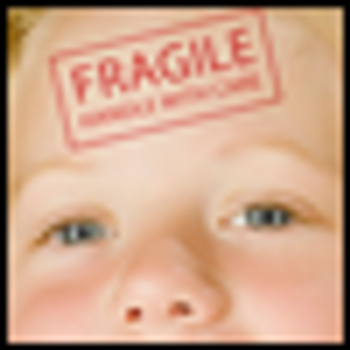
Traumatic brain injury (TBI) in children and adolescents is a major public health problem. Psychiatrists have a crucial role in the management of young persons who have a TBI.

Comorbid depressive and anxiety disorders are commonly seen in both primary care and the specialty setting. Such comorbidity can present as major depression with subsyndromal anxiety symptoms or unipolar/bipolar depression with an anxiety disorder.
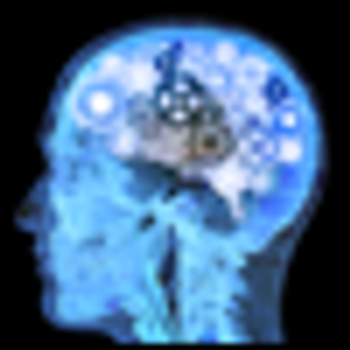
A plethora of studies support the hypothesis that inflammation plays a role in the pathophysiology of major psychiatric disorders.

Given the likelihood that insufficient numbers of patients will be available for a randomized controlled trial of MAOIs in refractory depression or atypical depression, we must still rely on consensus guidelines and expert opinion.

It would not be overstating matters to say that during his long career, Dr Thomas Szasz has been one of the most controversial figures in the psychiatric profession.
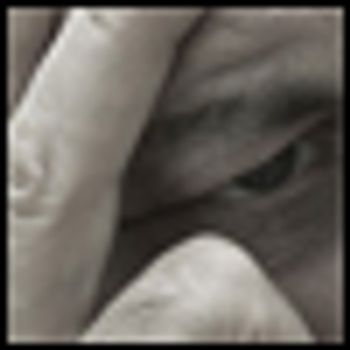
What are the advantages of adjunctive benzodiazepine therapy in comorbid depression and anxiety? Which therapy has the strongest evidence base for treating patients with late-life depression? These and more in this quiz.

In this review, we discuss the established medications as well as experimental therapeutic options that may emerge as future medications for alcohol intoxication, withdrawal, and/or long-term abstinence maintenance or harm-reduced drinking.

Four studies sprang from the TORDIA trial on treatment-resistant depression in children and adolescents and showed that several factors influence treatment efficacy following treatment resistance.

Ringing the Bell to Save the Bereavement Exclusion.

A team approach, continually balancing the views of the psychopharmacologist, psychologist, social worker, family practice resident, and patient is the clinical Promised Land.

Review on the roles of gender in connection with premenstrual dysphoric disorder, OCD, psychosis, and other mental disorders.

Anti-psychiatry proponents forget it is widely recognized that the DSM is a provisional diagnostic system pending progress in better understanding uniquely human disorders of our most complex organ.

The role of subtyping and bipolarity in TRD was discussed in Part 1 of this 2-part article. Here we review a number of the most common confounding factors of TRD but limit our scope to comorbidities that can be directly addressed and treated by psychiatrists.
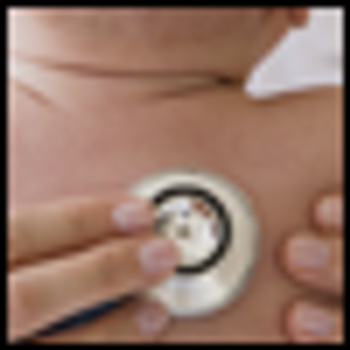
It appears that the risk is greater with antidepressant use during late pregnancy but may be elevated with use during early pregnancy as well.

Ongoing advances in functional brain imaging will permit studies on postulated roles of magnetic fields, biophotons, and macroscopic highly coherent quantum field effects on normal brain functioning and mental illness.

Psychotherapy is a rubric--an umbrella under which a vast array of differing interventions exist. Its diverse forms are supported by different ideologies and vocabularies.
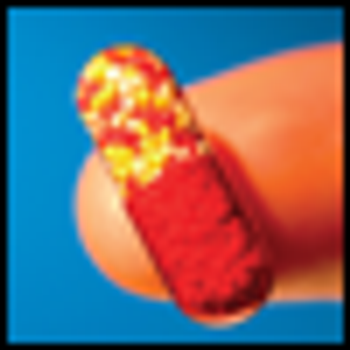
Two recent publications provide clinically relevant information about the risk to benefit ratio of antidepressants for the treatment of MDD in youths, adults, and the elderly.

Should we accept the analysis of a journalist who has not treated a patient or implemented a study and reaches conclusions that run counter to well-established practice guidelines?

This article provides a practical overview of the available evidence-based treatment and discusses circumstances in which certain interventions may be preferred over others.

The current system of payment for mental health care in the US can lead, or even incentivize, clinicians to focus on and code for Axis I disorders and their more readily reimbursed psychopharmacological treatment approaches.

A novel class of drugs directly targets the glutamatergic neurotransmitter system and produces rapid antidepressant effects in some patients.

Sleep-disordered breathing is common in patients with mood and anxiety disorders. This article explores the implication for practicing psychiatrists whose patients have sleep disorders.

Grief is the psychological, behavioral, social and physical reaction to a loss that is closely tied to a person’s commitment to heal.